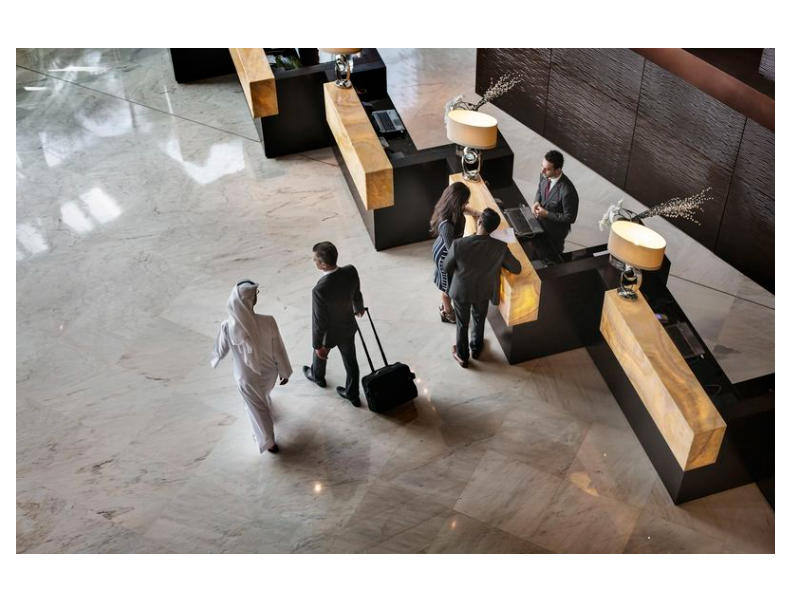[ad_1]

As business travel makes a comeback, marked by the resurgence of in-person engagements and industry events, a notable shift towards ‘purposeful travel‘ is observed among corporate leaders, as highlighted in Accor‘s recently released “Business of Travel” report.
The report, drawn from Accor’s Masters of Travel advisory board meeting, brought together industry leaders to envision the future of business travel post-pandemic.
The Masters of Travel advisory board meeting convened leaders from technology, law, energy, engineering, and pharmaceuticals in Brussels. The goal was to delve into the true value of travel, considering its environmental, social, and governance (ESG) implications. With a focus on sustainability, the report reveals a renewed emphasis on travel’s real purpose.
According to Accor’s research, business travel spending is down by only 24 per cent from 2019 and is projected to return to pre-pandemic levels by 2024 (Deloitte). A significant 57 per cent of respondents anticipate increased travel budgets in 2024 compared to 2023. As per their priorities for 2024, corporate respondents rank ‘traveller experience’ second, after cost-saving measures. Impressively, 46 per cent confirm that they have no intentions of limiting business travel for the remainder of the year.
“With businesses trying to strike a balance between productivity and purpose, it’s a time of great change and revaluation for the industry,” said Saskia Gentil, SVP Sales, Europe & North Africa at Accor, acknowledging the evolving landscape.
The report also underscores the eagerness of delegates to resume travel, while keeping in mind value, sustainability, and the work-life balance of employees.
Face-to-face interactions remain invaluable, with professionals estimating a 25 per cent increase in revenue from in-person meetings. However, every trip’s ROI and ROE (return on expectation) are closely evaluated, signaling the need for meaningful interactions. While virtual meetings have gained traction, sealing deals with a handshake remains indispensable until technology evolves.Environmental concerns play a pivotal role, as reflected in the survey. A substantial 54 per cent of corporate clients prioritise carbon emissions in their CSR efforts. Supplier sustainability and environmental credentials weigh heavily on booking decisions. More than 70 per cent of Accor hotels possess carbon measurement tools, demonstrating a commitment to sustainability.
The integration of purposeful leisure time, known as ‘bleisure’, extends travel durations. Younger employees lead the trend of blending business with pleasure. Loyalty programs entice employees, especially younger travelers seeking experiential rewards. While technology drives bookings, its people-centric nature must enhance the human touch, the report stated.
Insights from the report are expected to shape Accor’s strategies to align with changing business objectives and create collaborative solutions for the evolving travel industry.
Source link





